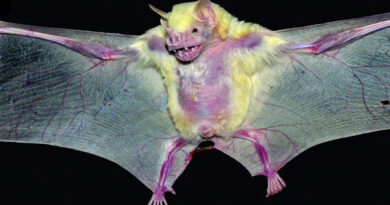Cologne Zoo Welcomes Extremely Rare Dancing Lemurs From The USA
A zoo in Germany has welcomed an extremely rare pair of dancing lemurs native to northwest Madagascar which were brought from the Duke Lemur Center in the USA.
Two medium-sized lemurs of the sifaka genus Propithecus (Propithecus coquereli) or commonly known as Coquerel’s sifakas settled in the Cologne Zoo in the German city of Cologne in the end of May 2021.
The animals are nicknamed dancing lemurs because of the way they move as if they are dancing around the floor.
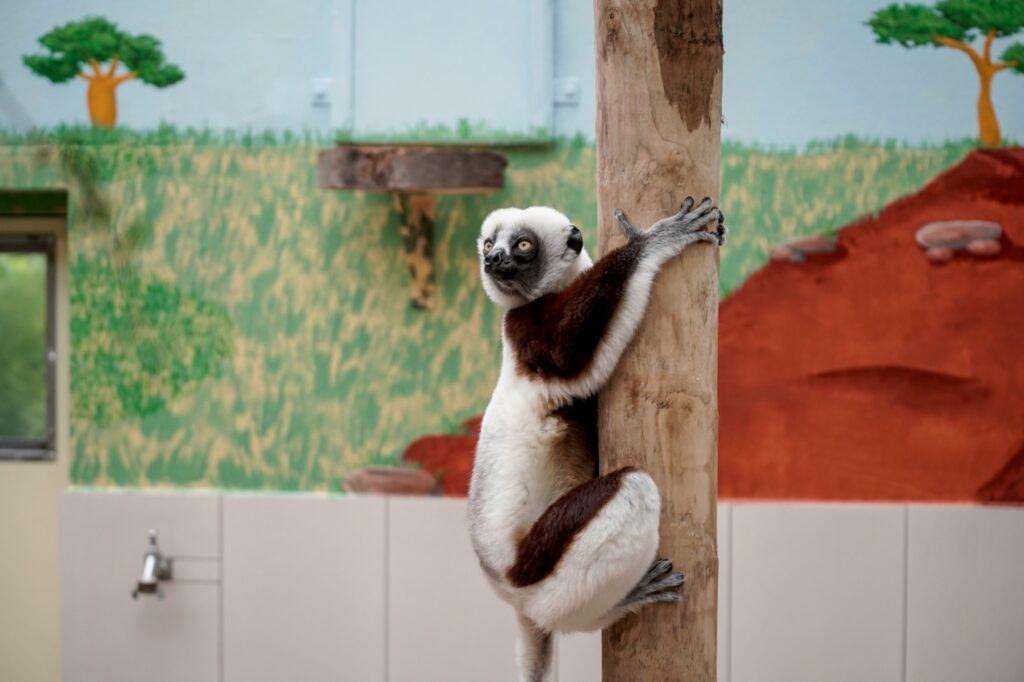
The joyful primates named Ziggy and Justa that were brought to Germany from the Duke Lemur Center in the city of Durham in the US state of North Carolina were curiously exploring the Madagascar House where they will be spending most of their time after their arrival.
Christoph Schutt from the Cologne Zoo said: “This is the first time that the animals from this species, whose keeping is very complicated and they are known for their hopping and jumping movements have even been kept and shown in Europe.”
The Coquerel’s sifakas that are native to the dry deciduous forests in the northwestern part of the African island Madagascar are listed ‘Critically endangered’ on the IUCN (International Union for Conservation of Nature) Red List of Threatened Species.
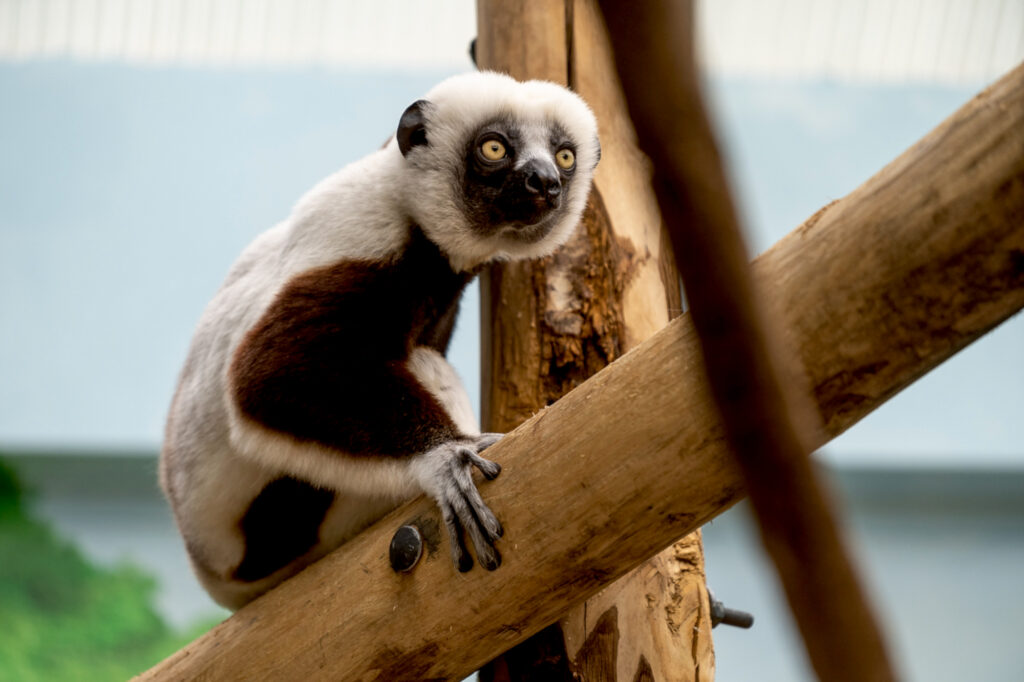
According to the zoo the two newcomers are very demanding and since their diet consists exclusively of leaves the zoo keepers have started storing freezing rations of leaves for when the winter comes.
Since the environmental surroundings and the plant species are very different in comparison to where they come from, the zoo keepers are constantly testing the two by giving them new leaves of local plants in order to determine their preferences.
The have so far shown great appreciation when given the local hornbeam, beech, hazelnut and red oak species.
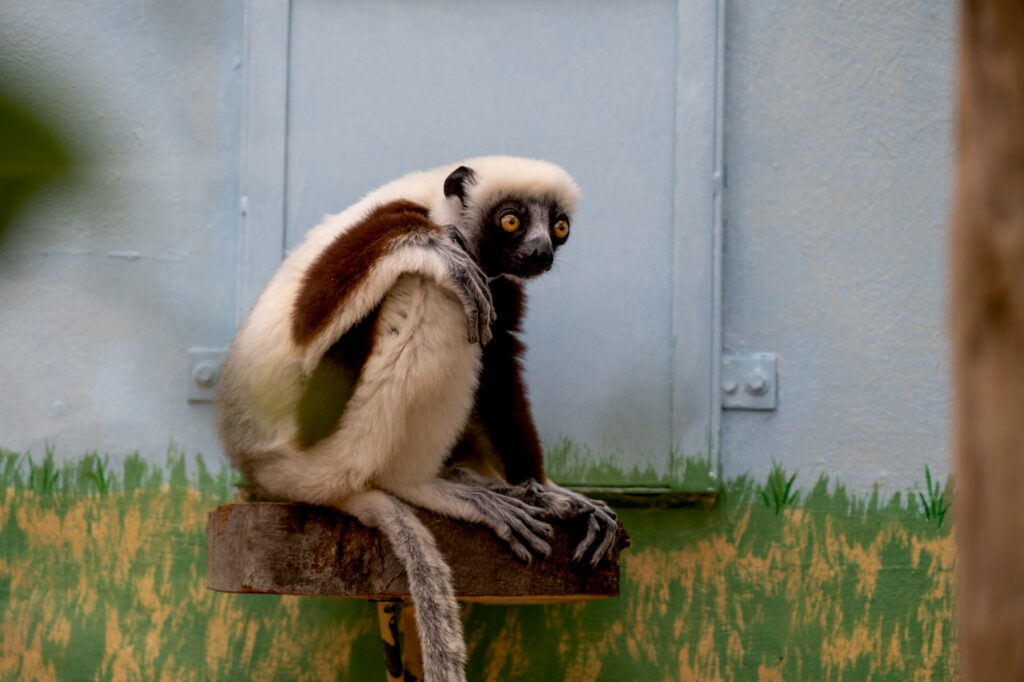
Before Ziggy and Justa arrived in Germany the Duke Lemur Center provided their colleagues from the Cologne Zoo with guidelines on how to take care of the Coquerel’s sifakas.
Other than the Cologne Zoo Coquerel’s sifakas were given to two more zoos – the Chester Zoo in the county of Cheshire in England and the Berlin Zoological Garden in Germany’s capital Berlin.
The three zoos reported they are aiming to establish a mutual conservation program in order to protect the critically endangered species whose small habitat in their motherland is threatened by been converted into pastures and utilized for charcoal production.
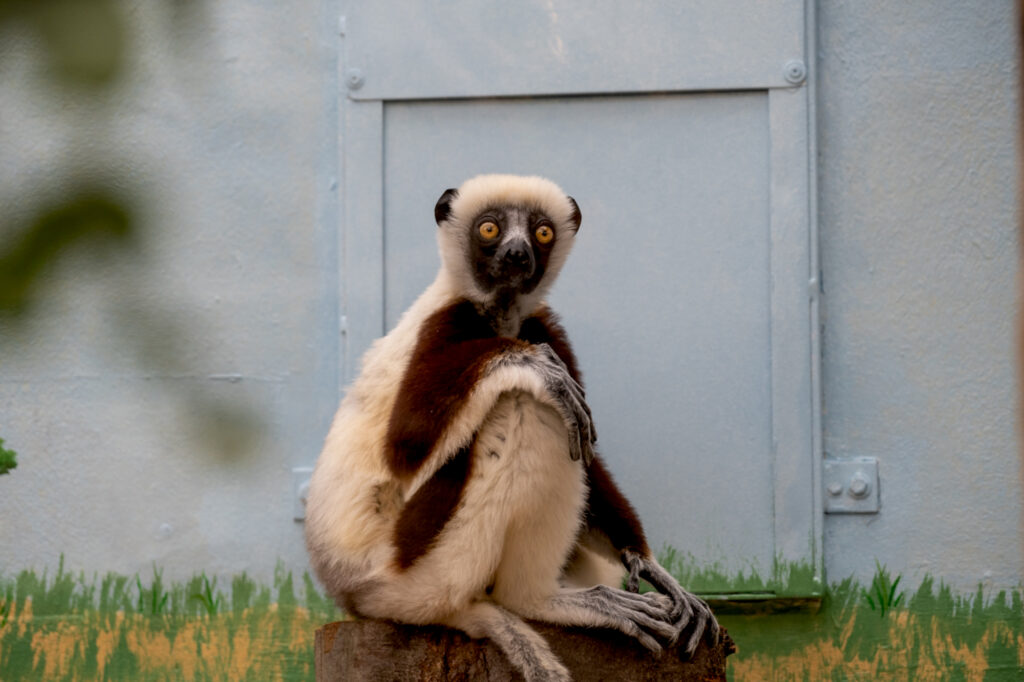
The species was named after French entomologist Charles Coquerel who described these primates during his Madagascar visit in which he collected insects in the 19th century.


